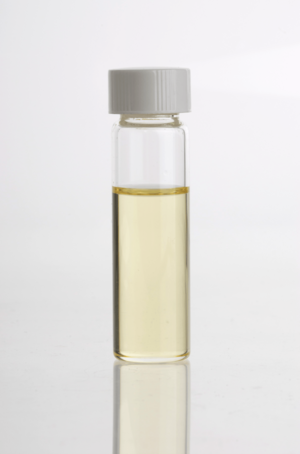Oil of clove facts for kids
Clove oil is a special kind of essential oil. It comes from the clove plant, which is called Syzygium aromaticum. People use clove oil in different ways. It's often used in aromatherapy, which is a way to relax using scents. It also adds flavor to food and some medicines. The main places that make clove oil are Madagascar and Indonesia.
Some countries, like the UK, say that clove oil can help with a toothache for a short time. However, there isn't enough scientific proof to fully support its use for pain relief.
What is Clove Oil?
Clove oil is made by taking parts of the clove plant and using a process called distillation. This process separates the oil from the plant material. The oil contains many natural chemicals, like eugenol. Eugenol is the main ingredient that gives clove oil its strong smell and taste.
Types of Clove Oil
Did you know there are different kinds of clove oil? They are named after the part of the clove plant they come from:
- Bud oil comes from the flower buds of the clove plant. It has a lot of eugenol, usually between 60% and 90%.
- Leaf oil is made from the leaves of the clove plant. It also has a lot of eugenol, about 70% to 82%.
- Stem oil comes from the small branches, or twigs, of the clove plant. This type has the most eugenol, from 85% to 92%. It smells and tastes a lot like bud oil.
Other Ways Clove Oil is Used
Clove oil has some interesting uses beyond just flavoring and aromatherapy:
- Making Vanillin: The chemical eugenol from clove oil can be used to make natural vanillin. Vanillin is the main flavor in vanilla.
- Helping Fish: Sometimes, clove oil is used to make laboratory or pet fish go to sleep or to help them pass away peacefully.
- Sword Care: In Japan, clove oil is part of a special oil called choji oil (Japanese: 丁子油). This oil was traditionally used to take care of Japanese swords.
Rules for Clove Oil
In some places, like Germany, there are rules about how clove oil can be sold and used as a medicinal herb. A group called Commission E allows it to be used for health purposes there.
 | Valerie Thomas |
 | Frederick McKinley Jones |
 | George Edward Alcorn Jr. |
 | Thomas Mensah |


